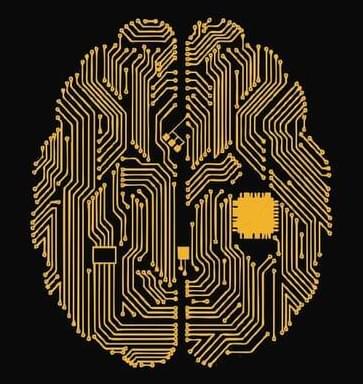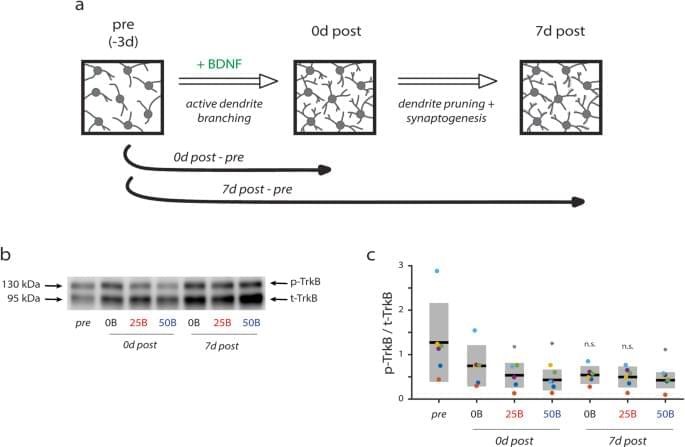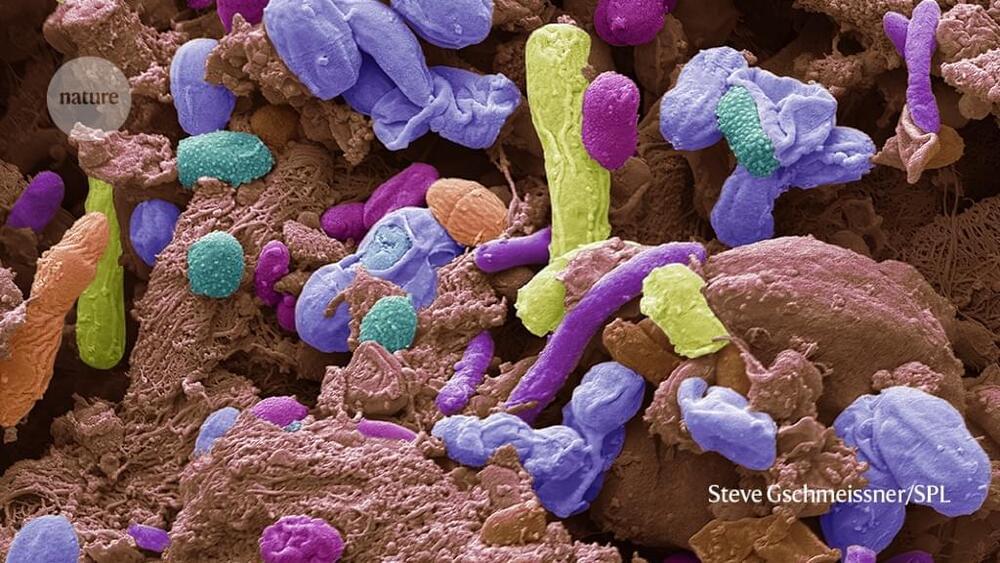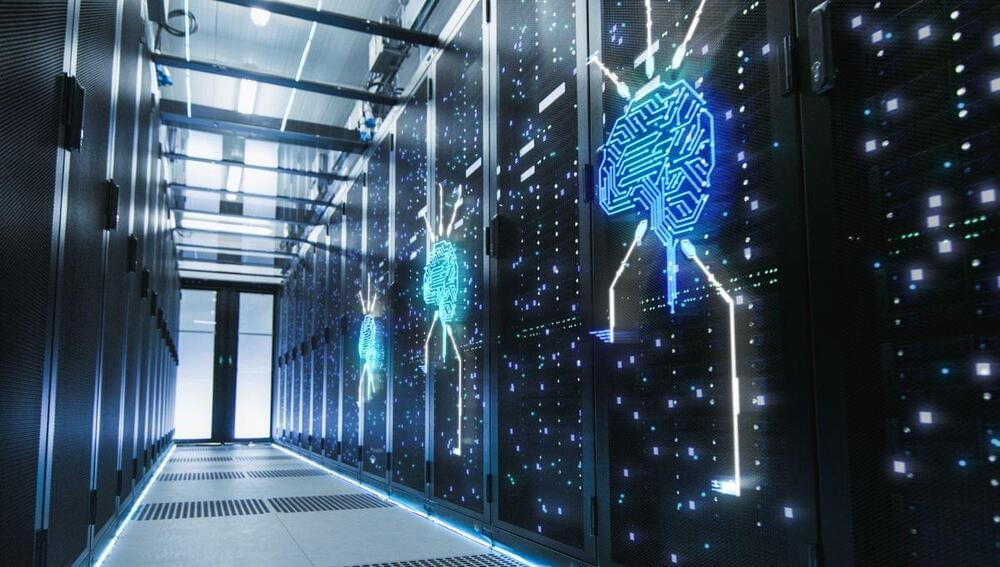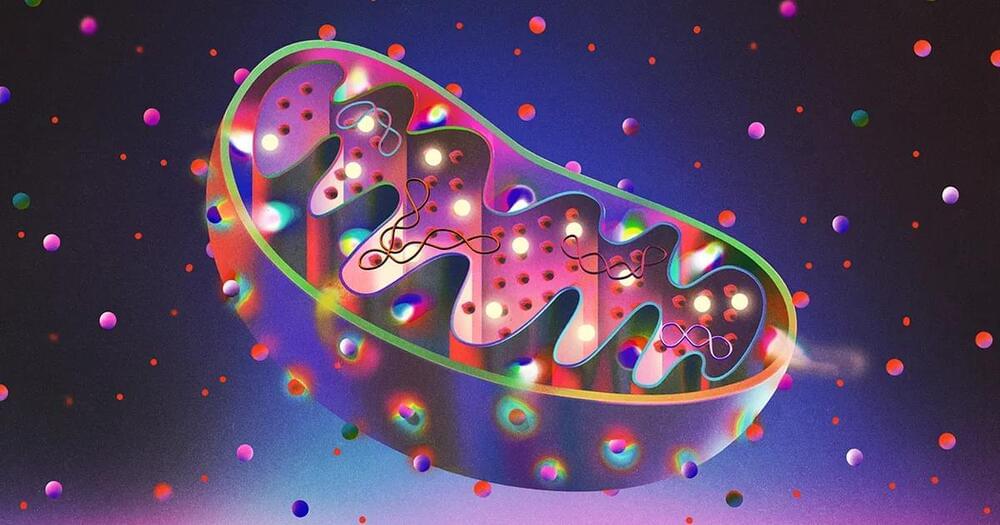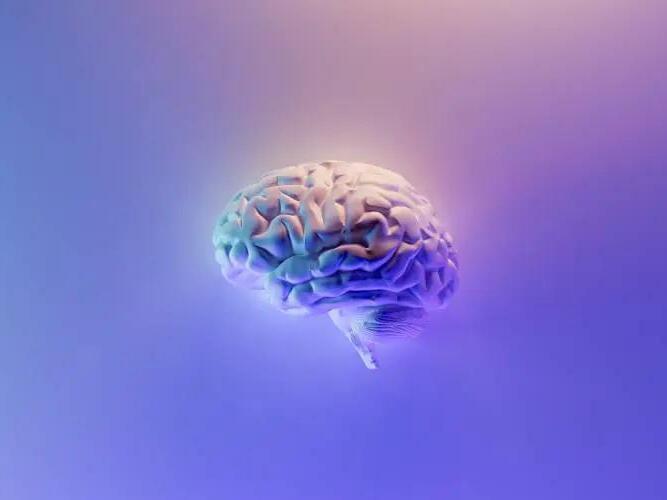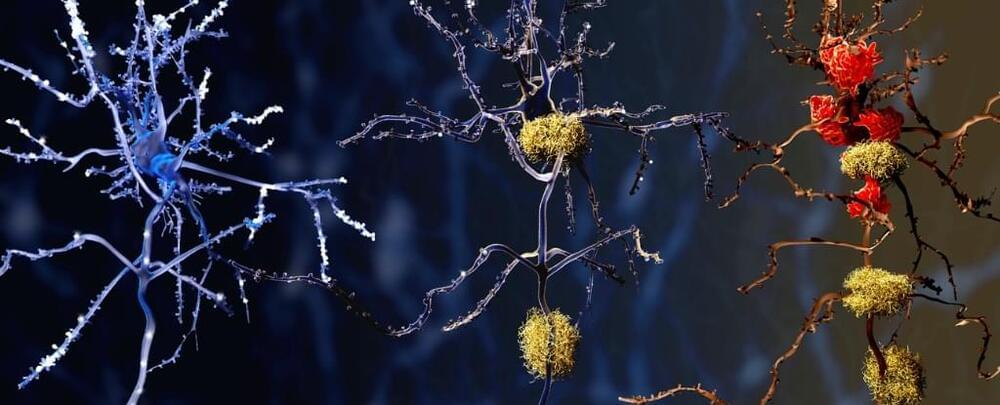A supercomputer scheduled to go online in April 2024 will rival the estimated rate of operations in the human brain, according to researchers in Australia. The machine, called DeepSouth, is capable of performing 228 trillion operations per second.
It’s the world’s first supercomputer capable of simulating networks of neurons and synapses (key biological structures that make up our nervous system) at the scale of the human brain.
DeepSouth belongs to an approach known as neuromorphic computing, which aims to mimic the biological processes of the human brain. It will be run from the International Center for Neuromorphic Systems at Western Sydney University.
